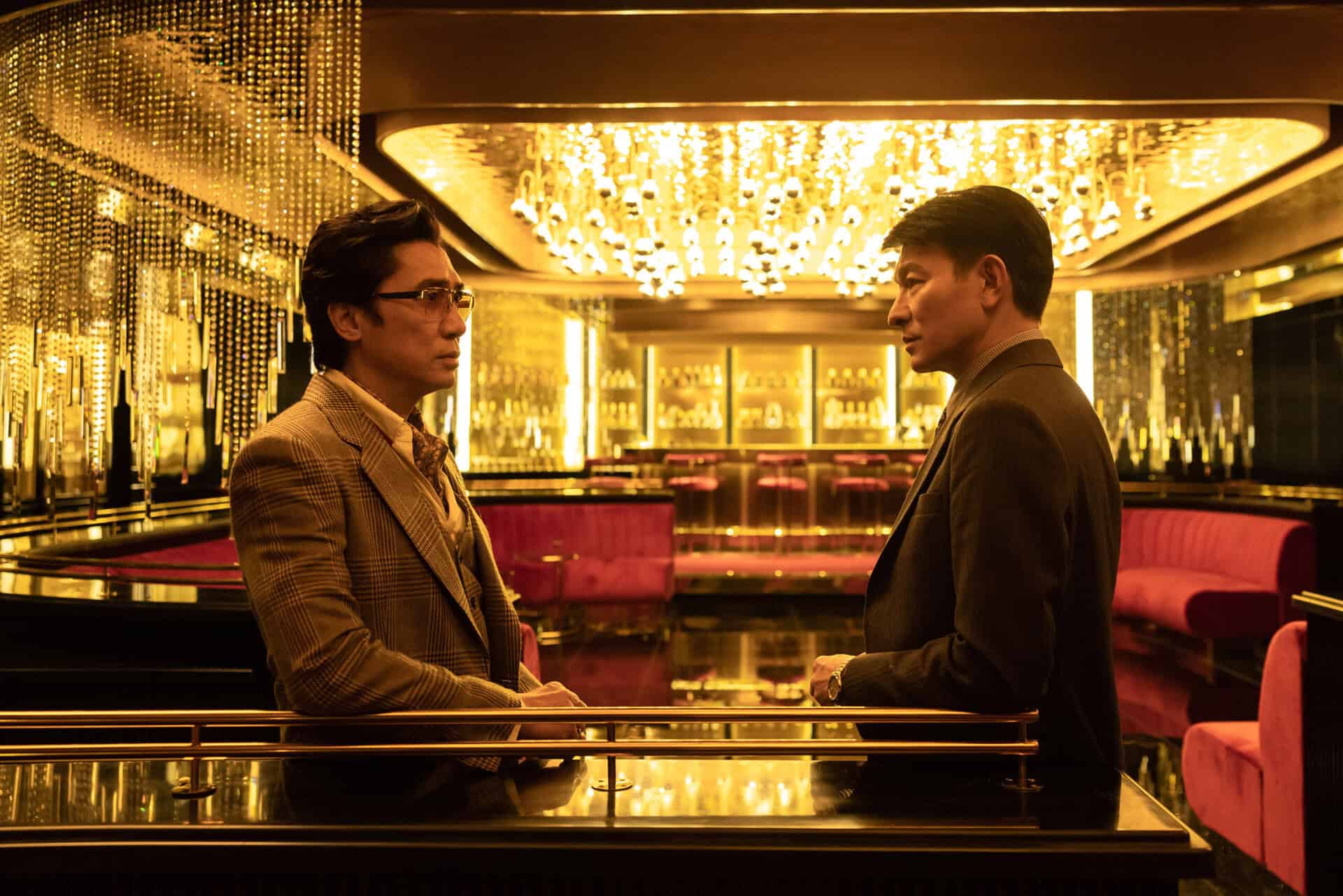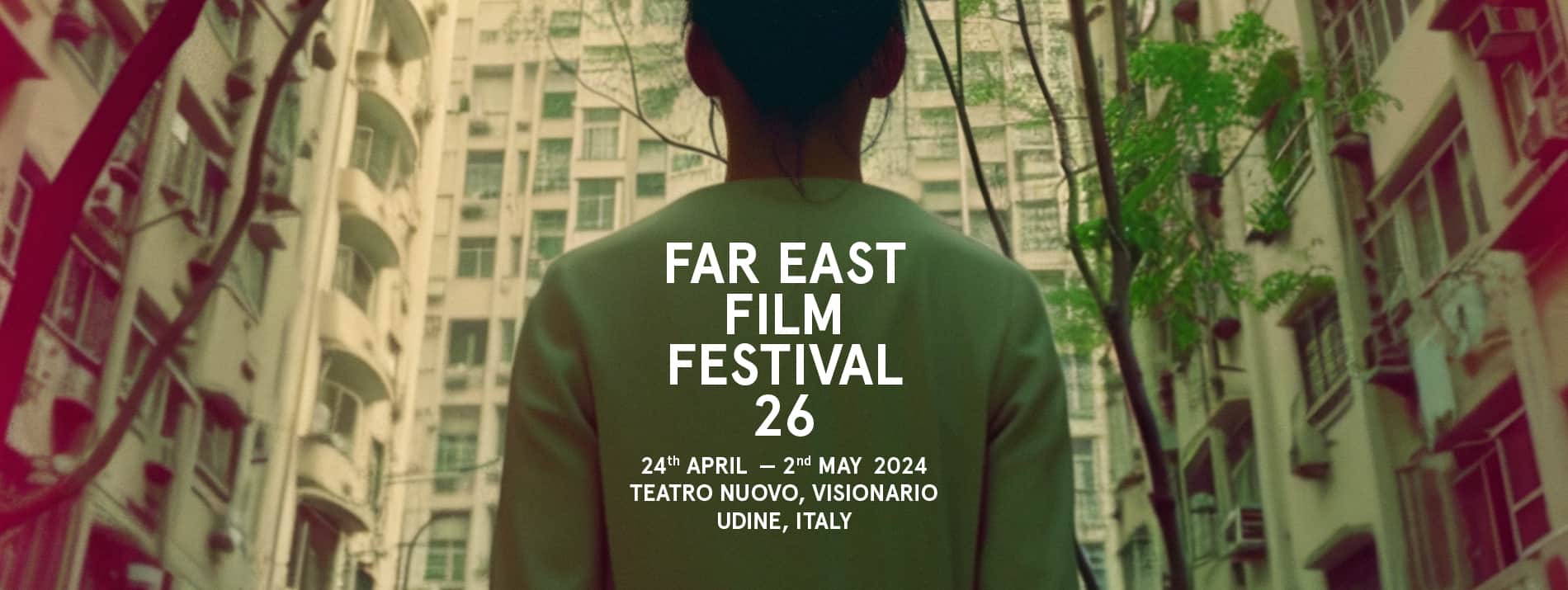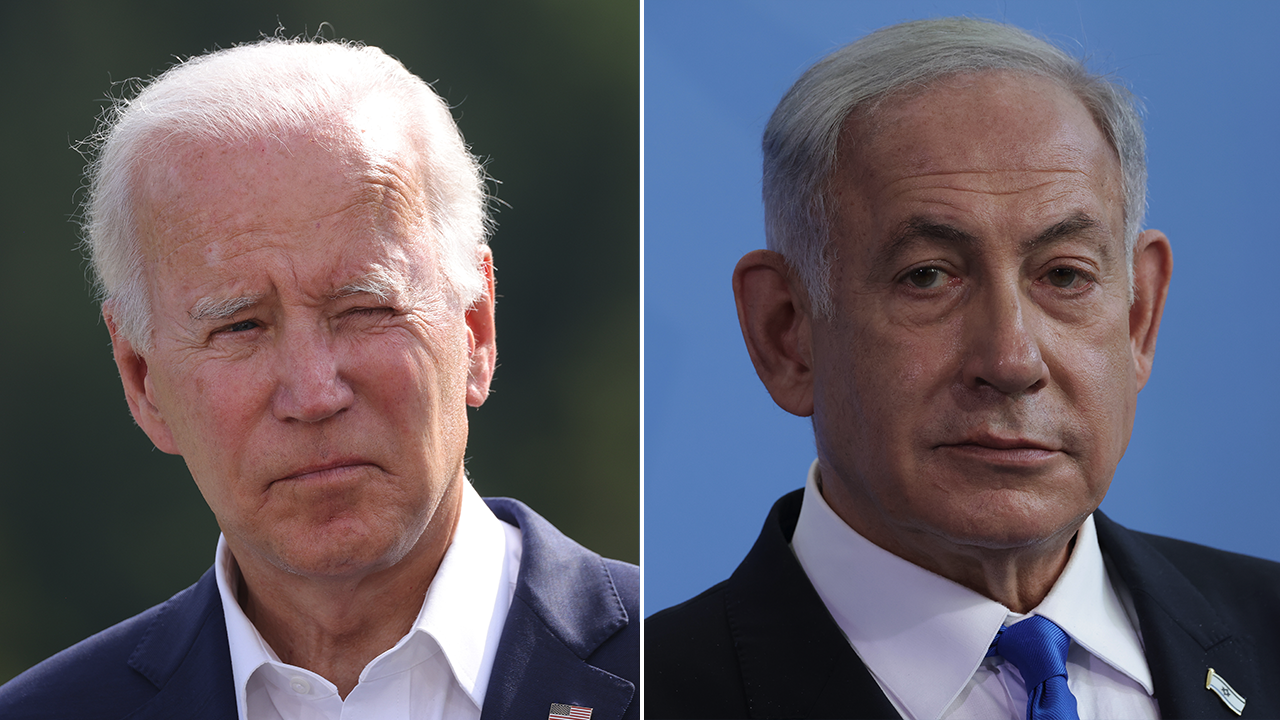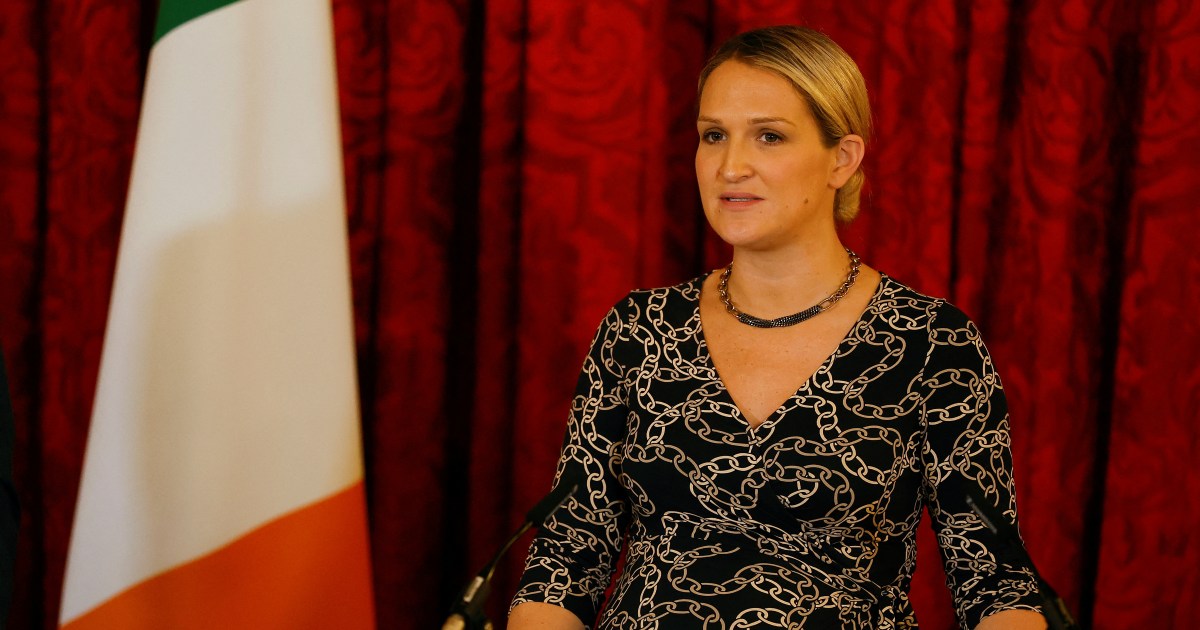Movie Reviews
Film Review: Next Goal Wins; Inspiring underdog tale returns Taika Waititi to his humble roots as a filmmaker – The AU Review

If you browse long enough on Twitter, sorry, X, you’ll note that there’s still chatter and self-diagnosed “hot takes” regarding Taika Waititi‘s 2019 outing Jojo Rabbit. The film already had its share of detractors in the immediate aftermath of its release, but an Oscar win for Best Screenplay and the general good word for its being means it’s still a well regarded slice of cinema.
Though criticisms towards the film are valid, it would appear it’s Waititi’s own polarising personality that truly drives the discourse, with the actor/writer/director having fallen out of favour with the general masses following the underwhelming reception to Thor: Love and Thunder; the 2022 Marvel sequel that was wildly at odds with audience favour in comparison to 2017’s Thor: Ragnarok, which seemed to (rather interestingly) put Waititi in the public’s good books.
Whatever the case regarding your personal opinion of Waititi, such a notion shouldn’t have any weight when it comes to Next Goal Wins, a return to lower budget storytelling for the filmmaker who injects enough heart and general appeal throughout the narrative to remind us that he hasn’t gone full “Hollywood” on us. And really, if he hadn’t plopped himself in the film for an amusing cameo, one might not even suspect anything on hand to truly distinguish Next Goal Wins as a Waititi production.
The kind of magic that he peppered throughout his earlier works, such as Boy and Hunt for the Wilderpeople, and, yes, even Jojo Rabbit and his Thor sequels, is missing here though, but there’s still a sense of fun and eccentricity to get it across the board with undemanding audiences, thanks to the inspiring underdog tale at its core.
The story here relates to the American Samoa national football team, considered one of the weakest teams in the entirety of the world, and their optimistic bid to qualify for the 2014 FIFA World Cup. Because Waititi’s film is based on a true story – a documentary of the same name was released in 2014 documenting the team’s struggles – there’s the sense that there’ll be a happy-enough ending to justify the team’s initial setbacks, and due to Waititi’s sense of humour, the oddball team and their various quirks understandably are enhanced for comedic effect.
Not that there’s anything particularly wrong with such a decision, as Oscar Knightley provides humorous work as Tavita, the team’s head-of, who, in a constant uphill battle, does his best to get their new coach to adjust to the team’s continual fumbles; Uli Latukefu, Beulah Koale, Ioane Goodhue, Chris Alosio and Kaimana just some of the stand-outs of the team. Kaimana’s turn as Jaiyah Saelua, the first transgender player to ever compete in a World Cup qualifiying game, is one of Next Goal Wins‘ true bright spots, and a story that delved into her struggles and psyche could have not only benefitted this film’s trajectory, but proves worthy of its own focus.
Waititi’s focus, however, is primarily on Thomas Rongen (Michael Fassbender, slightly miscast, but persevering regardless), a Dutch American football coach who is given the unenviable task of shaping up the American Samoa team, lest he be fired, following his anger issues and off-field antics; Elisabeth Moss and Will Arnett earning supporting spots as the FIFA officials who hand Rongen such an ultimatum. He isn’t quite sure of such a decision, but after travelling through the five stages of grief – this sequence proving one of the film’s funniest – he packs his bags for American Samoa, where he (eventually) reframes his thinking of both the game and his own life.
Across the film’s breezy 103 minutes, Waitit’s script – written in collaboration with Iain Morris, creator of The Inbetweeners – hits all the bases you’d expect, and ultimately culminates in an inspiring set-piece that drives home the importance of teamwork and understanding, but all in the most surface level of manners. Next Goal Wins ultimately lacks any of Waititi’s own flourishes, but, at the end of the day, even a second-gear shifting effort from the man is worth a watch for the sheer fact that he knows how to entertain; even if we know there could have been so much more.
![]()
![]()
![]()
![]()
![]()
THREE STARS (OUT OF FIVE)
Next Goal Wins is screening in Australian theatres from New Years Day, January 1st, 2024.
More to Explore on the AU:

Movie Reviews
Challengers Movie Review

The opinions expressed in this article are the writer’s own and do not reflect the views of Her Campus.
This article is written by a student writer from the Her Campus at San Francisco chapter.
On Monday, April 22nd Regal Stonestown Galleria, just a few hundred feet away from SFSU, hosted an advanced screening of Challengers, one of the most highly anticipated movies of 2024. Directed by Luca Guadagnino and starring Josh O’ Connor, Mike Faist, and Zendaya – Challengers I can confidently say, lived up to its long awaited release.
The original release date for the film was September of 2023, but with the WGA/SAG-AFTRA strike, we got our first trailer in June of 2023 to then have to wait a grueling ten months for its release. I have already seen the film twice and cannot wait for it to hit streaming platforms and here are three things that I will not stop talking about.
Codependency: The Movie
Given the director’s candid remark, “I think those three characters in that movie are beautifully complex and really f*cked-up people that I love very much,” it couldn’t be a more fitting description for Art, Tashi, and Patrick. The audience has been divided by their love, understanding, or attraction to each character. However, after watching it for the second time, I’ve come to realize that these characters are indeed beautifully complex. They are all in pursuit of something they can only find in each other, which undeniably influences their actions. Therefore, when you find yourself torn between Team Art, Team Tashi, or Team Patrick, you might unconsciously be gravitating towards the character whose actions you find most tolerable. After my first viewing, I was 100% Team Art, but even at the time of writing this article I don’t know where my allegiance lies at this point.
Stellar Cinematography
Italian director Luca Guadagnino has solidified his status as a legend in the film industry, known for creating emotionally complex, sultry, and visually captivating works. Challengers, is no exception. As a cinema student, I was fascinated by cinematography. For those familiar with Guadagnino’s 2022 film Bones and All, starring Timothée Chalamet and Taylor Russell, you’ll notice striking similarities. The movie sports camera angles that bring you intimately close to the characters, almost as if you’re intruding on their personal space. There are intense shots that seem to place the camera on the tennis ball as it zips back and forth across the court. True to Guadagnino’s style, there are also moments where time seems to slow down amidst what would otherwise be fast-paced scenes.
Sexual Tension
This. Movie. Is. Sexy.
For a film that has absolutely zero sex scenes, there are moments in this film that will leave you feeling flushed and excited. As someone who’s never been a big sports fan, I now see tennis as the most intimate sport out there. I will keep this paragraph short but all I will say is that viewers will walk away from this film with a new love for short shorts, sweat, and they’ll never look at a churro the same way again.
Movie Reviews
High & Low – John Galliano Movie Review: A fascinating study of a fashion designer's fall from grace

The premise of Kevin Macdonald’s High & Low – John Galliano lends itself well to the documentary format, given that it charts the zenith and nadir of the career of a famous fashion designer. The highs are insane, and the lows plummet to profound depths. The first half of the film captures John Galliano’s rise from the boutiques of London to the haute couture scene in France. Two-three passages in the first half stand out, thanks to the nuggets of information Kevin presents. One is about how Galliano was inspired by Abel Gance’s silent film Napoléon to create an extravagant clothing style among the elite. During the French revolution, youngsters apparently resisted the trend of clothes without extravagant styling, and this film shows how Galliano channels this through his fashion, with the repeated use of Napoléon drumming in his influence on the fashion designer’s work.
Director: Kevin MacDonald
Cast: John Galliano, Charlize Theron, Penélope Cruz, Edward Enninful, Naomi Campbell
Streamer: Mubi
The other, more fascinating portion of the film’s first half is so typical of the Kevin Macdonald brand of storytelling. First, through a mix of voiceover and fashion footage, Kevin shows Galliano’s response to the abuse he faced in childhood for homosexual tendencies, and the resultant trauma. There is a portion about his father beating him for calling a young man “gorgeous.” Kevin juxtaposes this with a moment where Galliano, now a successful fashion designer, clad in a pink T-shirt that says “gorgeous,” walks the ramp with a couple of women. It is particularly provocative for the blink-and-you-miss-it way in which Kevin presents it, much like how he addresses Idi Amin’s meat-eater reputation in The Last King of Scotland. By this time, the film leaves you engrossed in its world-building, full of dramatic lighting that highlights the models and their garments, the clicking sound of cameras, and the energetic background music. For a good part, watching the film is like being on the front row of a fashion show, thanks mainly to the use of archive footage.
Movie Reviews
Film Review: The Goldfinger (2023) Felix Chong

“Doing business in Hong Kong is lot of fun”
One of the most expensive Hong Kong movies ever made (HK$350 million or 41 million euros), “The Goldfinger” also brings together Felix Chong, Tony Leung and Andy Lau after “Infernal Affairs”, where the first co-wrote. Set in the 80s, the script is based on the story of Carrian Group, a Hong Kong corporation which rose rapidly before collapsing shortly afterwards due to a corruption scandal.
Buy This Title
by clicking on the image below
The movie actually starts with Henry Ching’s arrest, who is based on Carrian Group founder George Tan, Lau Kai-yuen, principal investigator of the Independent Commission Against Corruption (ICAC). A bit later, the timeline changes to the mid-70s, with Henry Ching arriving in Hong Kong and trying to get a job as an engineer. Considering the place is filled with people of the particular profession, he has no luck. Although so it seems, since he is eventually employed by K.K. Tsang, one of the heirs of a rather rich family, who has him posing as a buyer for his property, in order to convince Wu Reshong, an actual potential buyer, to increase the price he is offering. The plan eventually succeeds, and Tsang takes Ching under his wing, eventually giving him the capital to open his own company, which he ends up naming after his first hire, Carmen Cheung. Their luck, though, truly changes when Ching gets swindled in the stock market by Wu Reshong’s broker, Chung and decides to hire him. An initially reluctant to leave his employer Chung, is eventually convinced when Ching “offers” him Carmen, with the two eventually becoming a couple.
As they manage to manipulate the stock market and buy property by giving their stocks as contraband for increasingly bigger loans, the group, which eventually also includes Wu Reshong, starts becoming more and more successful. Eventually, they reach international level, with their stock being considered even more valuable than blue chips, but the handover changes everything. The second axis, of the present, also moves forward, showing Ching as a cruel man who does not shy from murdering his opponents, and Lau being continuously on his heels, despite his many failures and the strain his efforts place in his relationship with his family.
First things first. The classic style of Hong Kong cinema, with its permeating nonsensicality and the focus on individual scenes rather than the movie as a whole is not exactly ideal to present true stories. The fact becomes quite evident by the way the story progresses in a fashion that frequently does not make sense, with the back-and-forth in time not helping with the overall sense that the viewer is missing something. The scenes in the court, the presentation of the foreigners, and the ending suffer the most from this approach.
On the other hand, there are definitely enough elements here to make the film rise beyond its issues. First and most obvious, the cast and the acting. Tony Leung as Henry Ching gives another splendid performance, with the way he transforms through the years being a treat to watch. Andy Lau as Lau Kai-yuen is equally good as a character that is essentially the exact opposite of Ching, although the two share an obsession to achieve their goals against all odds. Simon Yam adds even more star quality as the benefactor who eventually becomes part of the group Ching heads. Michael Ning as Chung, and the way he falls for Carmen is one of the best aspects of the movie, while Charlene Choi, who plays her, is an impressive presence but in a role that is rather badly written. Lastly, Tai Bo as Wu Renshong, who will be forever remembered for eating two plates of spaghetti on his face in “Project A”, concludes the overall great cast, as an individual who is the top boss, but eventually is surpassed by Ching.
Furthermore, the comments about corruption, which actually start with the police in the first scenes in the movie, and the relationship between them, the capital, the stock market, and the crime world become quite evident. It is also worth noting that Ching was probably involved with people from the Philippines (Imelda Marcos), Indonesia and Malaysia, and the script actually includes them, giving the corruption an international scale. All in all, this is a great story and the fact becomes quite evident throughout the movie, even with the aforementioned shortcomings.
In that regard, what is actually equally impressive with the casting, is the amount of scenes presented through the 126 minutes of the movie, which is truly exuberant, highlighting both the big budget of the production and the amount of work that was put in the film. Occasionally, the audiovisual approach reminds intently of “The Wolf of Wall Street”, while there is a scene that will definitely make one think of “Sin City”. For the most part, though, “The Goldfinger” is its own animal, with the technical aspect finding its zenith in scenes like the one with the battle in the Golden Triangle, the one with the models dancing in glass cages, and the murder attempt on Lau. Overall, the visuals here, as captured by DP Anthony Pun are nothing short of impressive.
The Goldfinger is screening at UdineFar East Film Festival 2024

Again as usual in HK blockbusters, William Chang and Curran Pang’s editing results in a rather frantic face, which manages to hide the narrative issues to the point, also through the mixture of the timelines.
Overall, I am not sure how much the particular approach of HK cinema still applies here, particularly in real stories, but the fact remains that “The Goldfinger” is an outstandingly casted, audiovisually impressive film that offers entertainment aplenty.
-

 Kentucky1 week ago
Kentucky1 week agoKentucky first lady visits Fort Knox schools in honor of Month of the Military Child
-

 Movie Reviews1 week ago
Movie Reviews1 week agoFilm Review: Challengers – The Knockturnal
-
News1 week ago
Maryland high school student arrested after authorities discovered a 129-page document detailing school shooting plan, police say | CNN
-

 World1 week ago
World1 week agoIranian media says three drones downed after explosions heard in Isfahan
-

 World1 week ago
World1 week agoShipping firms plead for UN help amid escalating Middle East conflict
-

 News1 week ago
News1 week agoVideo: Kennedy Family Endorses President Biden
-

 Politics1 week ago
Politics1 week agoIsrael hits Iran with 'limited' strikes despite White House opposition
-

 News1 week ago
News1 week agoThe San Francisco Zoo will receive a pair of pandas from China



















